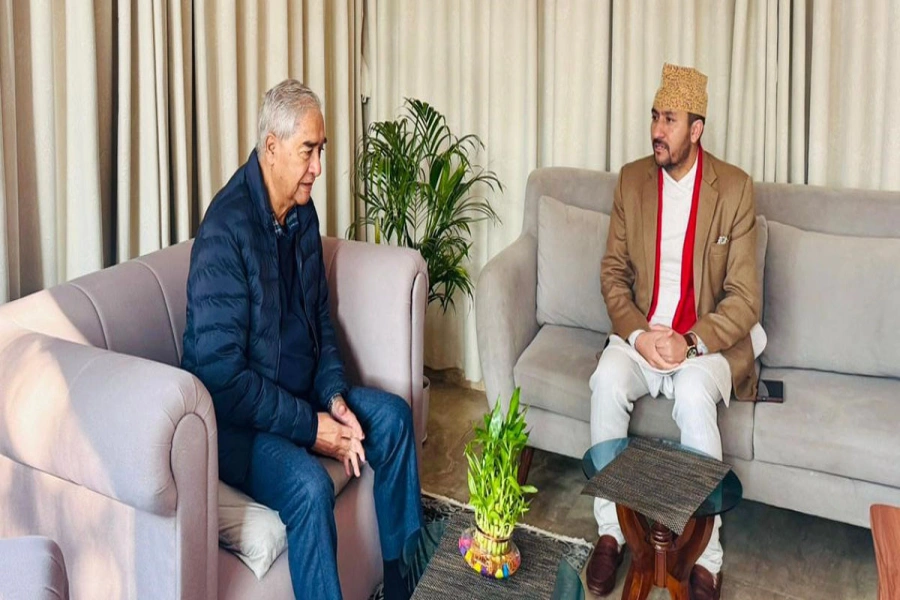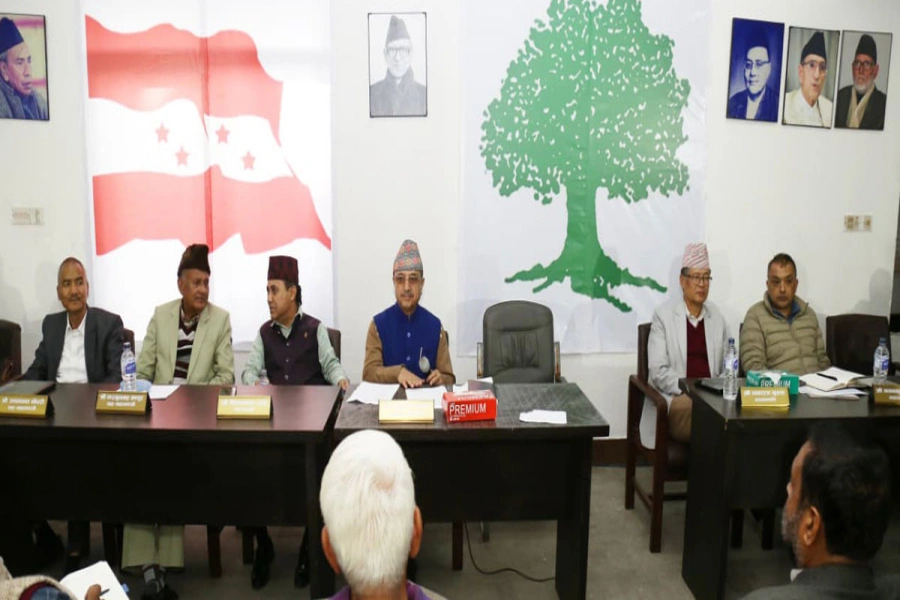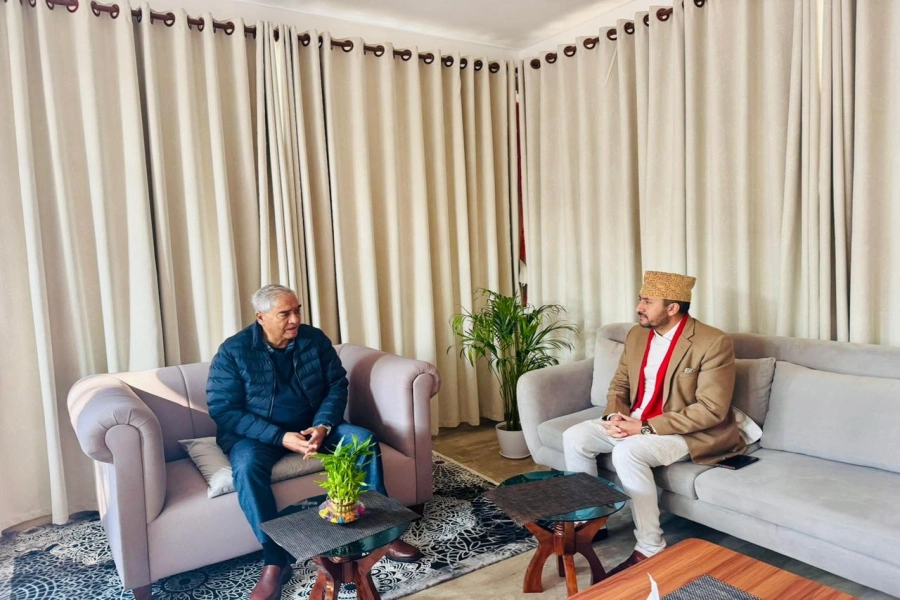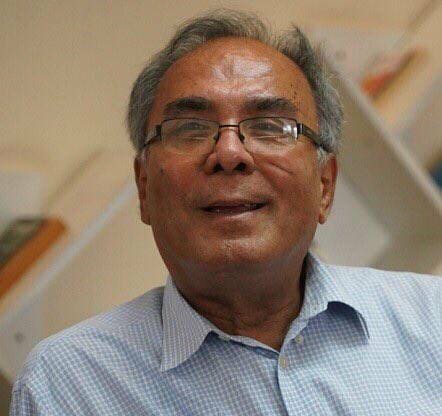The recent decision of the authorities to reactivate COVID-19 testing at the four main border points of Sudurpaschim Province, such as Gaddachauki, Gauriphanta, Jhulaghat, and Pulghat, is a prime necessity considering the rising number of Nepali nationals coming back with the highly contagious virus. After all, the new cases of infections that are being seen again mean that the establishment of health desks and the restart of antigen tests at these checkpoints have become necessary to stop virus transmission in our community. Amplified scanning along the border has to be done as migrant workers and seasonal laborers, some of them carrying the Covid virus with the new strain, are coming back to their homes in Nepal. Nonetheless, previous waves of the pandemic have taught us that only monitoring is inadequate. The government must also be in a great hurry to augment testing; it is still wrestling with numerous logistical and financial resources and institutional constraints impeding proper response. The deficiency of antigen test kits, however, highlights the constraints. For example, Gauriphanta was delivered a mere 150 kits, whereas Gaddachauki was given as few as 100. The statistics are even more pathetic for Jhulaghat and Pulghat.
The restriction of supply reduces the effectiveness of the surveillance and also increases the risk of unnoticed virus carriers infecting others in the community. The public's indifferent attitude towards COVID-19 safety measures also creates problems. Despite ongoing education campaigns encouraging individuals to take precautions, a significant number of people still refuse to adhere to even the most basic hygiene protocols. People don't wear masks as often nowadays, they don't observe social distancing rules, and they don't feel the need to report symptoms or be tested on their own. To change this, the government must initiate a new public awareness campaign that is pertinent to the current situation to educate people about the potential dangers of another epidemic. To respond to the current health crisis, it is important to bring together local leaders, health professionals, educators, and social influencers to send a clear and well-thought-out plan, which should include more community-level monitoring, easier access to testing and treatment, and targeted vaccination campaigns to prepare for the next wave of Covid-19.
Vigilance upped on open border amid unrest over Indian citizens...

Nepal cannot afford to be complacent in stopping the disease’s spread. Now, we have first-hand explicit knowledge that serious health dangers may grip the nation if infectious lots are not tested and treated before it is too late. The recent rise in cases in India should be a wake-up call for our authorities and all Nepalis. While keeping an eye on our borders is an important first step, we need to focus on much bigger issues right now: making sure our health system is ready, making sure our people are ready, and making sure we don't let public apathy get in the way of our moves we've just started to stop the Covid-19 spread. Nepal has indeed faced a serious challenge from the new COVID-19 outbreak. How our authorities respond to this challenge will certainly show how well we can handle the new wave of Covid outbreaks and it will also demonstrate our authorities’ level of preparation to ward off a health catastrophe.




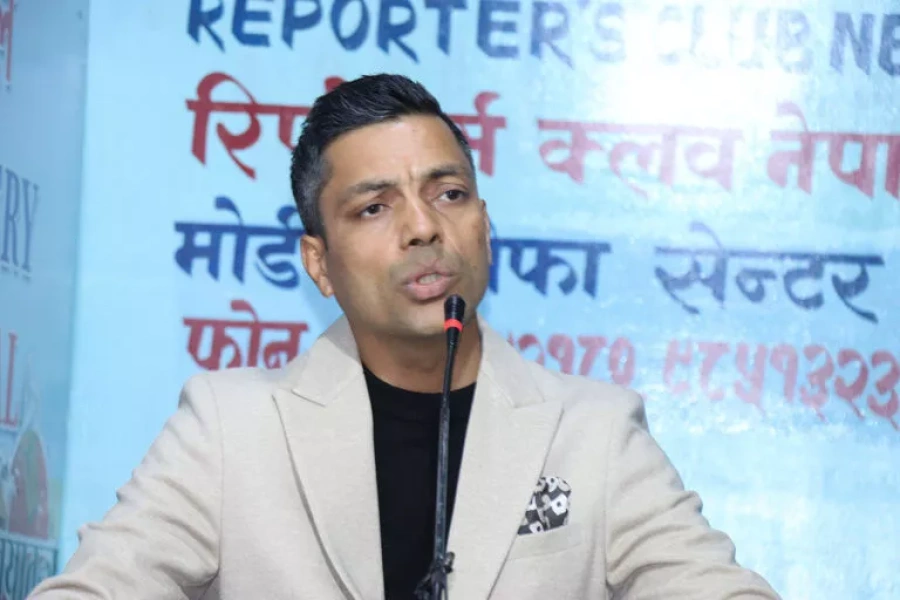
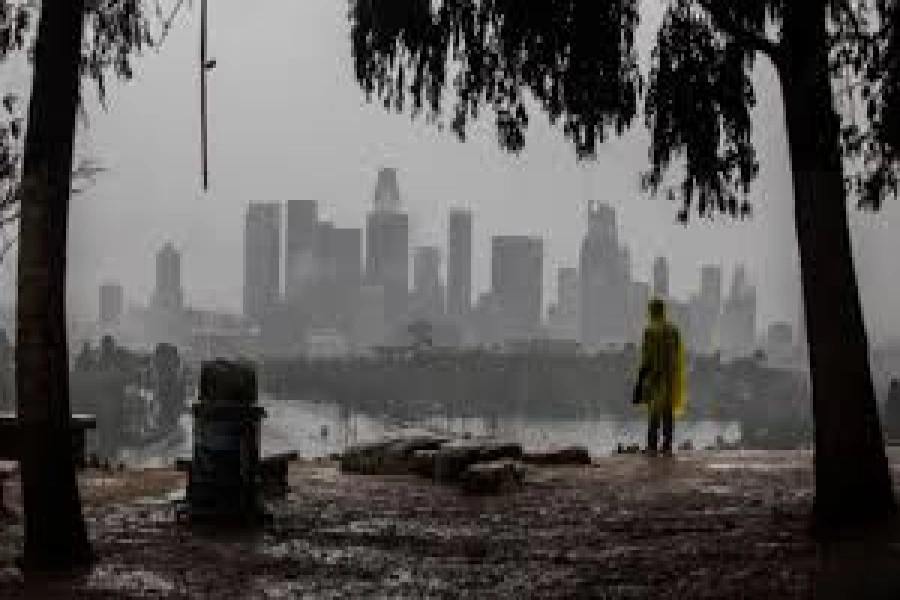







_20200814192758.jpg)




